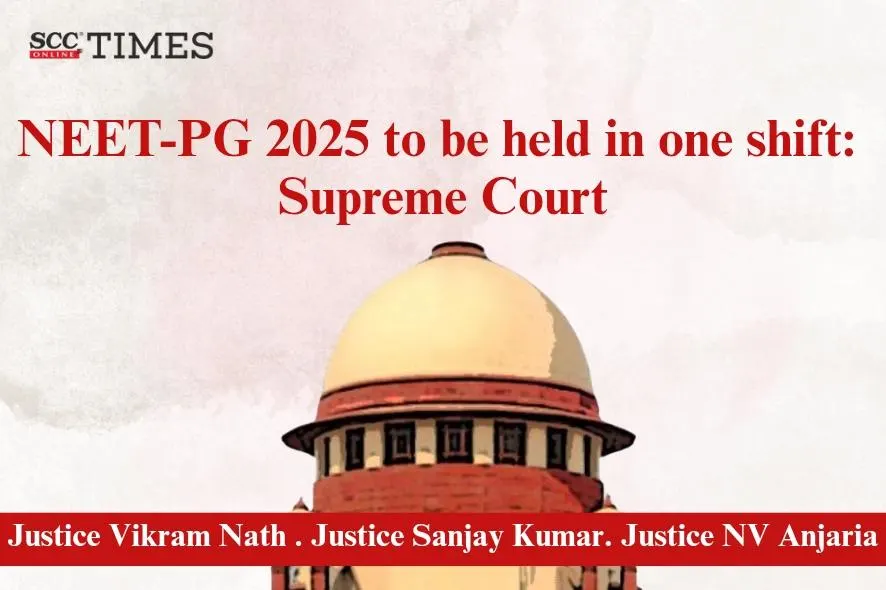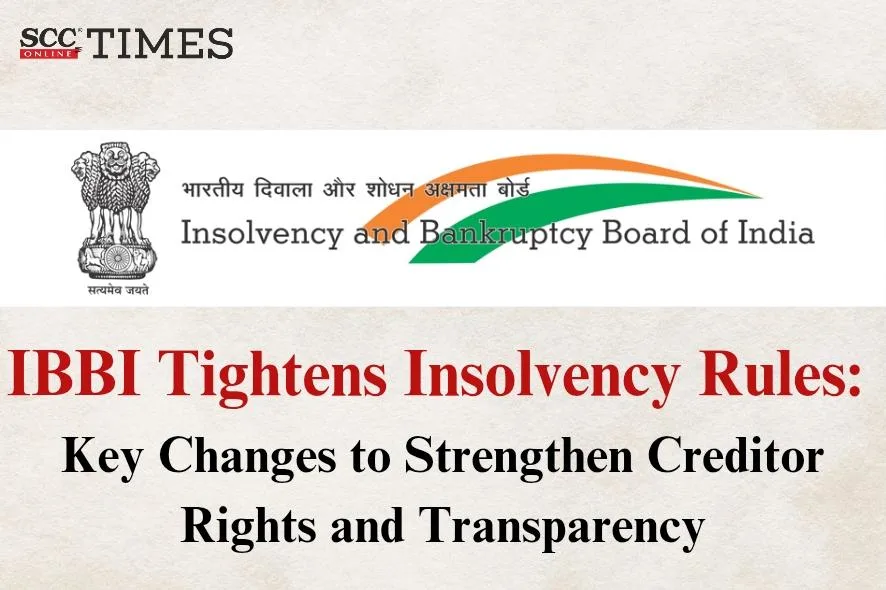Madras High Court: G.K. Ilathiraiyan, J., while addressing the instant matter, observed that, a person who is inducted as the Non-Executive Director of an accused company and not responsible for the day-to-day affairs of the company, he/she cannot be vicariously liable for the offence committed by the company.
Petitioners Counsel submitted that the petitioner was arrayed as Accused 3 on the complaint filed by the respondents for the offences punishable under Section 138 of Negotiable Instruments Act, 1881.
Magistrate took cognizance as against the petitioner when there was absolutely no specific allegation against the petitioner to attract the offences under Section 141 of NI Act and issued summon without application of mind.
Petitioner being merely Director of the company was not liable to be prosecuted for the offences under Section 141 of NI Act.
Further, it was stated that the respondent cannot presume every Director knows about the transaction while fastening criminal liability as against the Director of the Company.
To attract the offences under Section 141 of NI Act as against the petitioner, the complainant should have specifically averred in the complaint that at the time of offence the petitioner was in charge of and responsible for the conduct and the business of the company.
Adding to its contention, it was also stated that if a person who was in charge of the day to day management of the company or by stating that he / she was in charge of affairs of the company cannot be vicariously made liable under Section 141(1) of NI Act.
Counsel for the petitioner Nithyaesh Natraj and Counsel for the respondent R. Prasanna Vineeth Durai.
Dishonour of Cheque
On the Complaint lodged, in total there were 4 accused of the offences punishable under Sections 138 and 141 of NI Act. It was alleged that the accused persons had already availed term loan from the complainant to the tune of Rs 65 lakhs. Accused towards partial discharge of their liability issued eight cheques in favour of the respondent but the same were returned dishonoured on being presented for the reason “account closed”.
Respondent after serving statutory notice under Section 138 of NI Act, initiated proceedings for the offences punishable under Sections 138 and 141 of NI Act against the accused persons.
Respondent made allegation foisting liability on the petitioner in the complaint as follows:
“the second accused being the Managing Director and the third accused being one of the Director who are respectively in charge of the managing all such business activities of the first accused company and also running the day to day affairs naturally aware about their liability”.
Analysis and Decision
Bench stated that Section 141 of the NI Act does not make all the Directors liable for the offence. The person sought to be made liable should be in charge and responsible for the conduct of the business of the company at the relevant time.
Therefore, it was stated that there is no deemed liability of the Director in such case.
Several Supreme Court decisions have held that the complaint has to specifically say as to how and in what manner Director was responsible for the conduct of the business of the company.
Court held that unfortunately, in the impugned complaint, the allegation did not satisfy the requirements of Section 141 of the NI Act.
Further, on perusal of the complaint, Court observed that the petitioner was inducted as the Non-Executive Director of the first accused company, therefore the petitioner was not responsible for the day to day affairs of the company and hence cannot be made liable vicariously for the offence committed by the company.
Therefore, the Court, in order to secure ends of justice, opined to necessarily interfere with the proceedings in exercise of its jurisdiction under Section 482 of CrPC.
Hence, the Criminal Original Petitions were allowed and the proceedings on the file of Metropolitan Magistrate were ordered to be quashed as far as the petitioner was concerned, whereas, for other accused, the trial court has been directed to complete the trial. [Vijaya Arun v. New Link Overseas Finance Ltd., Crl. OP Nos. 5, 8 & 11 of 2020, decided on 18-08-2020]











Non Executive Directors are there only for the perks , status and to accommodate retired govt officers without any iota of accountability and get away scot free.